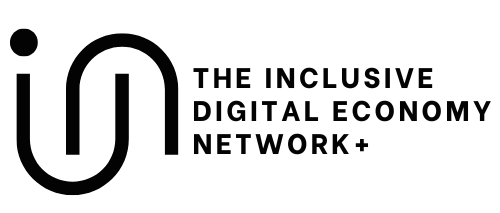Exploring barriers to digital civic participation through an anti-objectification intervention
This project will explore how young women experience objectifying content on social media and will develop intervention resources to mitigate these harms. Drawing on Ofcom’s Online Nation 2023 report, which highlights the prevalence of such online harm, the project takes an intersectional approach to understand how vulnerabilities accumulate across gender, race, sexuality, and disability. The primary aim is to examine how exposure to objectifying content affects the wellbeing of young women, and co-design an intervention that fosters resilience.
The research design will follow 4 stages:
Stage1: Scoping will define key terms and the research focus with partners and participants.
Stage2: Intervention Design involves semi-structured interviews and arts-based workshops (e.g. collage, drawing, writing etc.) with a group of young women, who will share their experiences and co-create an online intervention that will be designed to help users recognize, navigate, and respond constructively (i.e. report, block) to demeaning online content.
Stage3: Quantitative testing evaluates the intervention’s effectiveness with a larger group of young women via online questionnaires.
Stage4: Sharing will finalise and share the intervention.
We do not assume that the issue is the same for everyone or that literacy and resilience can be supported in the same way for everyone. Working with community partners, we will design a range of intervention resources to ensure accessibility in relation to disabilities, language barriers and other access needs. This project is innovative in its use of participatory, arts-based methods to address online harms. The interdisciplinary team has expertise in community-engaged methods, social media activism, social psychology, and visual literacy. Researchers have experience of participatory research with LGBTQI+ and gender marginalised communities, marginalised older people, and refugee and migrant communities.
This research will provide a scalable, accessible resource that promotes digital equity and enhances wellbeing for vulnerable users online. The project aligns with INCLUDE+ priorities by creating inclusive, innovative outputs that promote resilience and support greater digital civic engagement.
Team
Dr Dawn Woolley – Researcher and Visual Artist, Leeds Arts University
Professor Sally Dibb – Marketing & Society, Coventry University
Dr Evronia Azer, Assistant Professor Research, Coventry University
Magdalena Zawisza – Associate Professor in Consumer & Gender Psychology, Anglia Ruskin University
Paulette Morris – Community Conversations Worker, Women’s Lives Leeds
